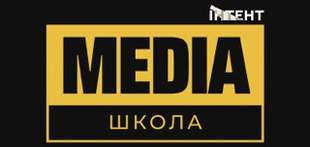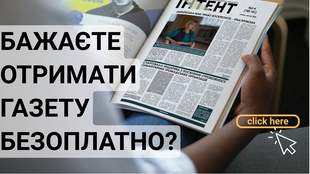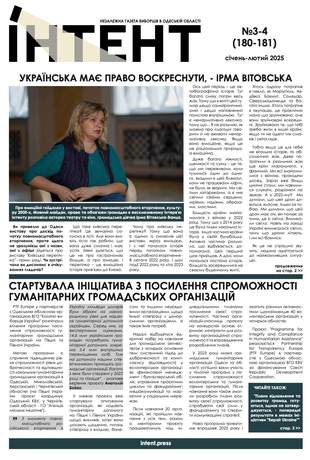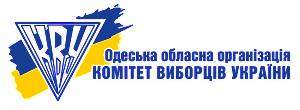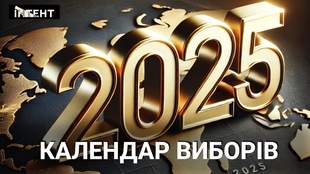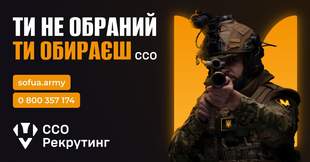Меню
Social networks
May 22, 2025, 8:22 a.m.
EU punishes museum worker from occupied Crimea for supporting Russian army
Цей матеріал також доступний українською18
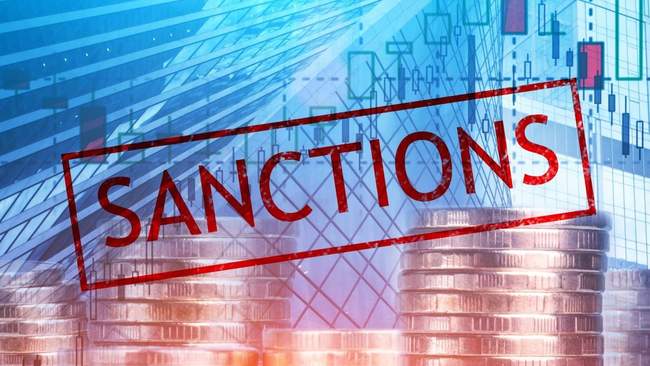
PHOTO: Dreamstime
The EU has adopted the 17th package of sanctions, which for the first time includes restrictions for the looting of Ukrainian cultural heritage, including the director of the Chersonesos Tavriya Museum, Olena Morozova. The sanctions also target oil producers and suppliers of military technology.
This was reported by the press service of the Mission of the President of Ukraine in the AR of Crimea.
On May 20, the EU Council approved the 17th package of sanctions against Russia, aimed at restricting its access to important military technologies and reducing its energy revenues. The sanctions targeted the "shadow fleet" of oil tankers, their operators, and one of Russia's largest oil producers.
For the first time, the sanctions included punishment for the looting of Ukrainian cultural heritage - Olena Morozova, the so-called director of Chersonesos Tavriya in Sevastopol, who cooperates with the occupation administration, was included in the list. Since the beginning of the full-scale war, she has been using the museum to support the Russian army, in particular, to deliver goods to the front.
The new restrictions cover another 75 individuals and companies, so in total, sanctions have been imposed on more than 2,400 individuals and legal entities: they are subject to asset freezes, funding bans and, for individuals, entry into the EU.
The European Union also added theChersonesos Tavriya Museum and Reserve in Sevastopol to the sanctions list for its involvement in spreading pro-Russian propaganda and supporting Russian aggression against Ukraine.
The decision states that after the occupation of Crimea, the museum has been actively promoting a pro-Russian interpretation of cultural heritage, including the interpretation of artifacts and excavations in its care.
Since the beginning of the full-scale invasion, the museum has also joined the support of the war, in particular, by participating in the supply of aid to the front.
Earlier, Inna Ukhanova, Head of the Department of International Economic Relations at Odesa National Economic University, said in a commentary for Intent that even among EU countries there is no complete unity on sanctions policy. Despite the fact that 16 packages of sanctions have already been adopted, the EU has not yet imposed an embargo on imports of Russian liquefied gas.
According to the expert, the sanctions mechanism has not yet had the desired effect due to the lack of a common position among all member states. In particular, Hungary has repeatedly blocked decisions that could affect its energy interests. As a result, the EU's sanctions system remains fragmented and its implementation is not effective enough.
